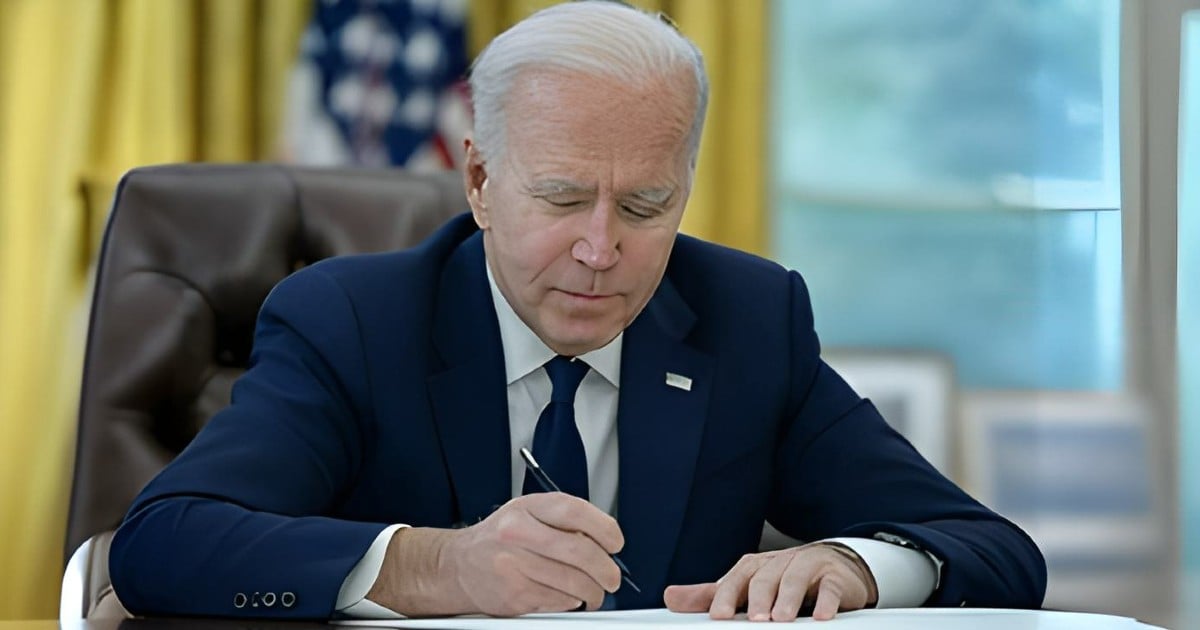
Related videos:
In a surprising move, outgoing president United States Joe Biden has issued preemptive pardons for several prominent figures with potential ties to future investigations under the administration of new president Donald Trump. Among those granted these pardons are retired general Mark Milley, Dr. Anthony Fauci, members and staff of the January 6th Committee, as well as police officers who testified before that committee.
This measure, which comes just hours before Trump takes office again, reflects Biden's concern about potential political reprisals and legal obstacles for those who served in his administration and in the investigation into the assault on the Capitol. In a statement, Biden emphasized that these individuals have been crucial to democracy and should not be subject to unjustified, politically motivated prosecutions.
The pardon of Fauci and Milley has generated controversy. Fauci, who served as the director of the National Institute of Allergy and Infectious Diseases, and General Milley, who was falsely accused of treason by Trump, symbolize the outgoing administration's commitment to public officials who have faced political attacks due to their service.
Although the uncertain future regarding the acceptance of these pardons remains to be seen, the primary goal of Biden has been to protect those public servants from legal proceedings that could impact their lives and reputations. Milley has already expressed his gratitude towards Biden, in a gesture that underscores the political tension and the significance of these pardons in the context of a potential vendetta under the new administration of Trump.
The President of the United States, Joe Biden, had previously granted pardons to 39 individuals and commuted the sentences of nearly 1,500 people, in what is considered the largest act of presidential clemency issued in a single day. This action focused on individuals convicted of non-violent offenses, particularly those related to drugs. Biden emphasized that these individuals have demonstrated successful rehabilitation and a commitment to strengthening their communities. This event featured several people who have already made significant contributions to society after their release from prison, such as community leaders, veterans, and advocates for social causes.
Among those granted clemency is his son, Hunter Biden, who was facing charges for tax offenses and illegal possession of firearms. This decision has sparked controversy as Biden previously indicated that such cases against his son were politically motivated. Despite the controversy, Biden defended his choice by stating that his son was treated differently by the Department of Justice due to their relationship.
The context of these actions is also framed within a recent shift in international policy towards Cuba. A few days ago, the Biden administration removed Cuba from the list of state sponsors of terrorism and suspended Title III of the Helms-Burton Act, following a deal mediated by the Catholic Church, which anticipates the release of a significant number of political prisoners on the island. This move occurs against a backdrop of anticipation for the policy that Trump might resume regarding the island, which is notably harsher than that of Biden.
En cuanto a la situación con Cuba, The regime has announced the release of 553 political prisoners, lo que ha avivado el debate sobre los cambios políticos y diplomáticos en curso. La medida llega antes del regreso de Trump a la White House, quien en su mandato previo endureció las sanciones contra Havana, revirtiendo políticas de acercamiento de administraciones anteriores. Este despliegue de acciones sugiere una compleja transición de políticas internas e internacionales, reflejando la inestabilidad y las tensiones del cambio de gobierno en United States.
Frequently Asked Questions about Joe Biden's Preventive Pardons and Their Implications
Why did Joe Biden issue preemptive pardons before leaving the presidency?
Joe Biden issued preemptive pardons to protect figures from his administration and the investigation of January 6 against possible political reprisals under Donald Trump's new term. This act aims to prevent prosecutions that he views as politically motivated.
Who benefited from Biden's preemptive pardons?
The preventive pardons from Biden included retired General Mark Milley, Dr. Anthony Fauci, members of the January 6 Committee, and police officers who testified before that committee. These figures were deemed essential for democracy by the outgoing president.
What controversies have arisen after the pardons granted by Biden?
The pardons for figures like Fauci and Milley have sparked controversy, particularly due to their prominent roles and the political accusations against them. Furthermore, the pardon for his son, Hunter Biden, was criticized for being perceived as an act of nepotism and abuse of presidential power, given the legal accusations against him.
How does Biden's policy towards Cuba affect his preventive pardons?
The removal of Cuba from the list of state sponsors of terrorism and the suspension of sanctions reflect a conciliatory approach by Biden towards the island, contrasting with the expected tightening under Trump. This policy could influence diplomatic relations and the perception of his preventive pardons as part of a legacy of reconciliation and diplomacy.
Filed under: